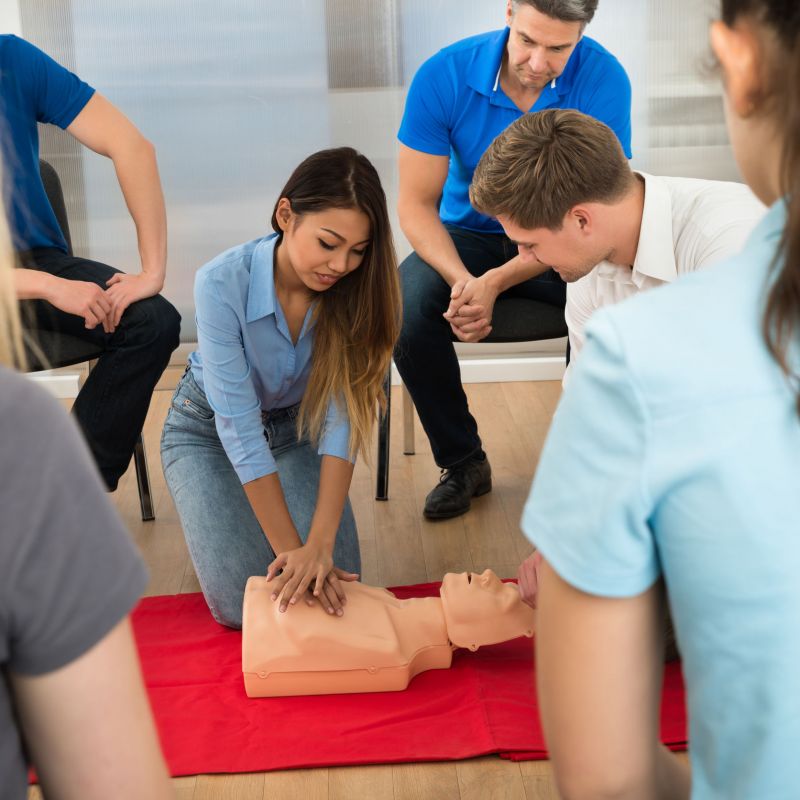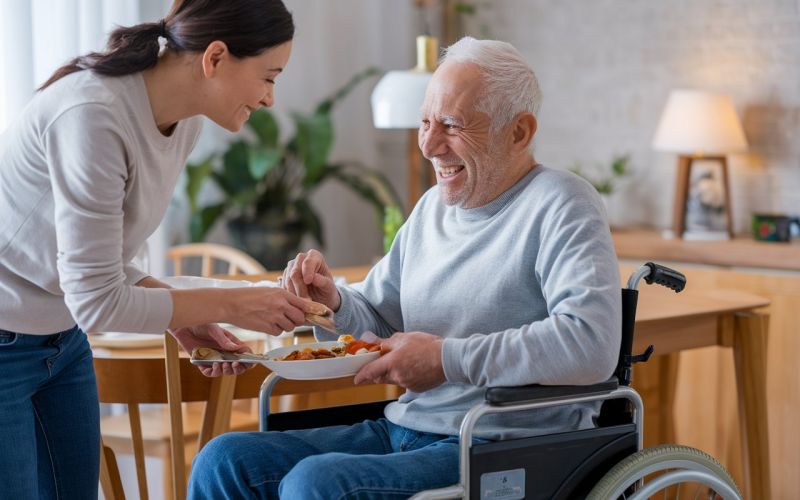How to Prepare and Handle a Medical Emergency as a Caregiver
iSavta | 24.01.2021

As a Home Care Caregiver, you are not expected to do what medical practitioners do in case of medical emergencies. But, you are expected to do what you need to do if circumstances call for it.
Ideally, caregivers should have at least basic training in First Aid response or Basic Life Support which includes CPR. It is a very important skill to be adept at. But, for most cases, Caregivers are expected to call an emergency hotline instead of performing these BLS. As they say, if you are not 100% confident in your ability to perform CPR (or you are not sure if the patient needs CPR), then do not do it. No one will put you in jail for not doing it. Sometimes, you can actually be in a lot of trouble by doing it wrong.
But as a caregiver, how would you prepare and handle a medical emergency? What are the basic SOPs that you can do?
Here are our 5 suggestions on how to handle a medical emergency as a Caregiver:
- Have your list of emergency contact numbers in handy - the moment you start working with a patient in his/her home, ask for a list of emergency contact numbers. This includes your patient’s immediate family members’ contact details. Having it in handy will make your response time quicker and easier. We suggest you have these contact numbers near the house phone and have it saved in your mobile phone as well.
- Be aware of the Normal and Not Normal state of your patient - Yes, we get it. When it comes to the patient’s true condition, there’s no way for you to know it. But, intuition helps sometimes. In fact, most of the time. You know your patient better than anyone else. How she looks, how she reacts, how she talks, or how she walks. Trust us, you would know if there’s something wrong. You wouldn’t know her true condition but you will know if you need to call an ambulance.
- Assess your patient first - Your initial reaction to any incident is not to call someone. First of the firsts should be an assessment of your patient’s condition. You have to know if your patient is responsive by asking “Are you okay?” 3 times. Second, assess if there's an open wound (depending on what kind of incident happened), contusion, the color of the skin, breathing, etc. Then it’s time to call somebody for help. While on call, you can inform the emergency team of what you have observed. They could instruct you to do something while they are on their way.
- Learn more about Medical Emergencies - While you spend time scrolling over social media, you might want to use Google to read on some topics like stroke, heart attack, etc. particularly on their signs and symptoms. This will help you have a better understanding of your patient's condition when it happens. This doesn’t mean you have to jump to a conclusion because you read about it as some incidents like these are with similar signs. But these will give you a better understanding and it could help you do your job effectively.
- Be Alert but Stay Calm - When incidents happen, our initial reaction is panic and confusion and that’s normal because we don’t know what to do. But staying calm will make you think sensibly. You will know what to do and you will have a higher chance of saving your patient’s life. Remember, you are not a doctor so no one is expecting you to do anything except call for help. Sometimes, nerves will creep in especially if we think about us being the one who is at fault. You would probably think that you will lose your job or worse, be put in jail because of what happened. Your first instinct should be saving your patient’s life, nothing else. Do not think about yourself because if you do, you will be forced to lie and that would make everything worse.
As caregivers, we will sometimes find ourselves in these situations and it might be scary at first. But if you are ready and maintain a calm demeanor, you will be able to overcome such stressful situations.











